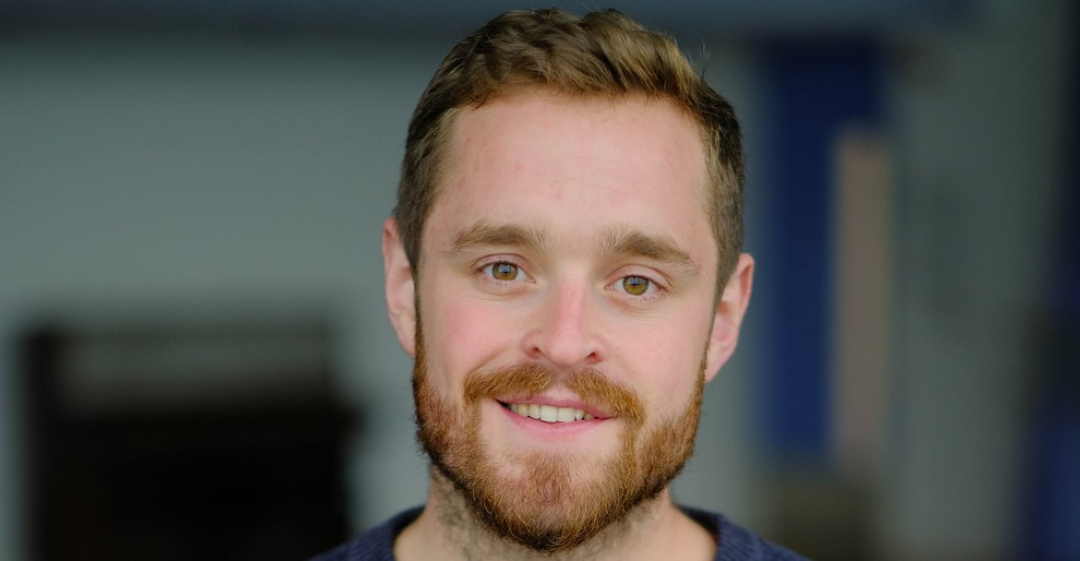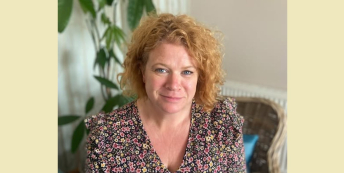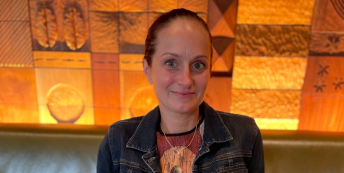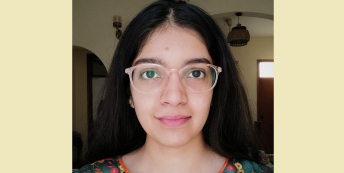“I wanted to do something that had positive social or environmental impact at its heart.”

What work were you doing previously?
I was a management consultant at one of the Big Four.
I joined the organisation through a graduate scheme and worked across a number of projects, from technology delivery to strategy and supply chain.
What are you doing now?
I now work for a social enterprise called Finance Earth.
Finance Earth is an environmental impact investment advisor and fund manager working across the conservation, natural and built asset sectors to create innovative, investable projects.
Why did you change?
After working as a consultant in the private sector for a few years, I got to the stage where I wanted to do something that had positive social or environmental impact at its heart, rather than working on projects that were only occasionally socially or environmentally impactful.
How did you go about making the shift?
A friend who was doing the ‘Year Here’ programme suggested looking into On Purpose and I actually ended up applying for both programmes.
The reason I chose On Purpose was that I wanted to get a broader view of the impact sector, and the strong industry wide networks you have access to as an Associate seemed like a real advantage to me.
I also wanted to have an income while I was making this change, so the Programme felt like the perfect choice.
My first placement was at a tech for good organisation called Lightful, which supports nonprofits to develop the digital skills and confidence needed to tell compelling stories, build trust, and raise more money.
During my time with Lightful, I was part of the HR team and worked on a project to support the company’s organisational culture.
Another initiative I was part of during my six months with Lightful was preparing the organisation for completing the B Corp certification. This project was then taken over and completed (Lightful is now a B Corp!) by the Associate who came after me.
My second placement was at Better Society Capital (BSC), a social impact-led investor. I joined them right at the beginning of the Covid-19 pandemic, so one of the projects I worked on focused on identifying new ways in which social investment could tackle homelessness.
At the start of the pandemic, homelessness had been essentially ‘eradicated’ as everyone living on the streets had been given shelter in hotels and other forms of accommodation.
So as part of the team at BSC, I worked with the government’s Ministry of Housing, Communities and Local Government to co-develop a fund with BSC to provide capital for properties to house the homeless.
I also worked on a complex project to develop an impact measurement framework that would objectively measure the impact BSC was having across its Ventures Portfolio. This was very complex but I worked with some great people in BSC to realise that it’s not an easy conundrum to solve.
As part of one of our Associate Programme training sessions on ‘life design’, I’d identified that I wanted a job that was varied and within the environment space. Ideally, I also wanted to be able to combine my previous experience in consulting and finance.
So towards the end of my time as an Associate I asked around a few places, such as my second placement, Better Society Capital (who weren’t hiring at the time). I also trawled a number of job boards and sent out quite a few applications.
I got to the interview stage with a number of organisations and Finance Earth felt like the one for me!
Are you happy with the change?
I’ve been with Finance Earth since I left On Purpose and really love it.
I was looking for an organisation where I’d be able to combine my skills in consultancy with the financial experience I had acquired through my work before On Purpose as well as my placements, and use both to make a positive impact. I’m able to do that at Finance Earth.
I also feel that in my current organisation there’s less ‘career gaming’ as there used to be in consulting. You don’t have to be strategic about the conversations you have, who you speak to and what you say. In my current role I can be much more authentic and myself which is really lovely!
What do you miss and what don't you miss?
I miss some of the people I used to work with.
We still go for drinks from time to time and still get along very well.
I don't miss feeling like I wasn’t really contributing anything ‘valuable’ to society more broadly. I don't miss travelling for work, which I sometimes used to do for the most part of my weeks.
How did you handle your finances to make your shift possible?
I was quite lucky - I had savings from a previous job, and a good deal on rent.
Additionally, Covid lockdown hit halfway through my On Purpose year, so I think nobody was spending any money at that time!
I did change a few things, however: I ate less meat, and ate out less (e.g. if I was meeting friends for a drink, I’d make sure I’d eaten before arriving to avoid an impulsive roast!). I also avoided doing rounds at the pub, so I could be completely in charge of how much I spent on a night out.
I also made sure holidays were largely UK-based and took advantage of kind friends’ places!
What was the most difficult thing about changing?
I went from working at an organisation that everybody knew the name of and, at least to some extent, understood, to having to explain the complex setup of On Purpose and being an Associate but for six months only as part of a career transition scheme…
I think changing my work identity from being a corporate person to doing something a bit more complex and unrecognised was tricky for how I viewed myself.
With hindsight it’s one of the best decisions I ever made, but it felt sometimes uncertain at the time.
What help did you get?
My Programme cohort was amazing.
You’re going on this journey with 20 people who have all given up their old jobs and are going through a very similar experience. You shared your different views and approaches to solving problems and thinking about life with each other (sometimes over a pint in the pub), which was great.
Furthermore, my coach also really helped me understand my key day-to-day drivers.
Also, being connected with two different mentors, who both knew the organisations that I was working with respectively, was very useful. Both helped me navigate different situations and were great sounding boards.
What have you learnt in the process?
From a professional perspective, I really expanded my knowledge on the world of finance.
I was lucky that I had a sort of unofficial mentor at my second placement, BSC, who took me under his wing and gave me a number of finance 101 sessions.
He also brought in his own personal contacts from different areas of finance who could explain to me in detail how things actually worked, which was incredibly helpful.
I came onto the Programme fairly naive, so my time as an Associate allowed me to do a lot of self-learning. It seems almost silly to say today but I learned that my approach to life isn't the same as everyone else's. And I learned how different people would react to my approach.
For instance, during my previous professional experience as a management consultant, I worked with many other management consultants, oftentimes ‘type A’ personalities who had a fairly logical approach.
So being on the programme and experiencing a broader range of working styles has really benefitted me ever since.
What would you advise others to do in the same situation?
Speak to as many people as you can.
Go and find these networks of people (On Purpose might well be a good place to start), and understand what's out there.
There is such passion and energy out there and many different ways in which you can have a positive impact, so understanding the scope of possibilities of what's out there is a really good starting point.
The other thing I’d recommend is to think about, in the long run, what do you want your life to look like? That will definitely help steer you in the ‘right’ direction.
To learn more about the On Purpose Associate Programme, visit https://onpurpose.org/en/associate-programme.
Also, find out more about On Purpose in our Retraining Directory.
What lessons could you take from Caleb's story to use in your own career change? Let us know in the comments below.



